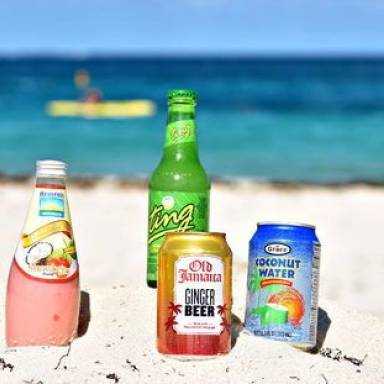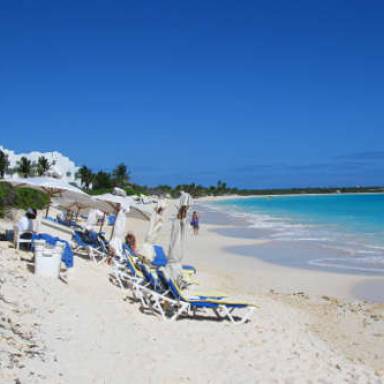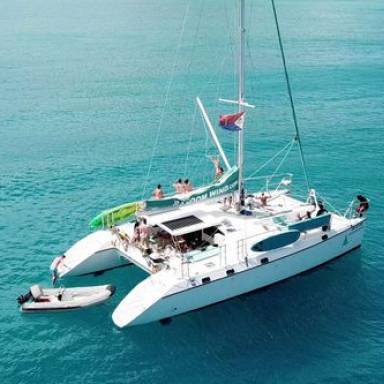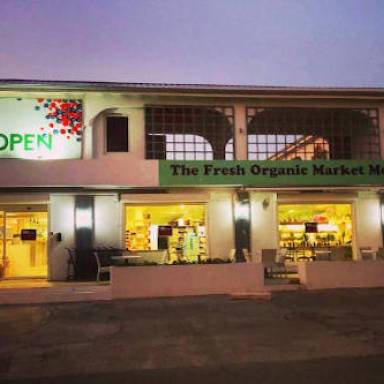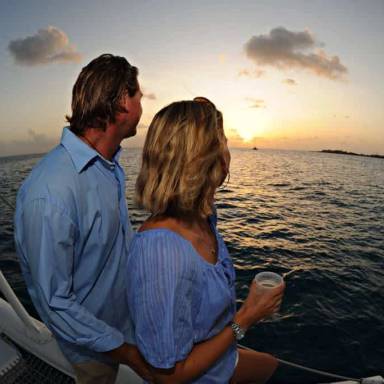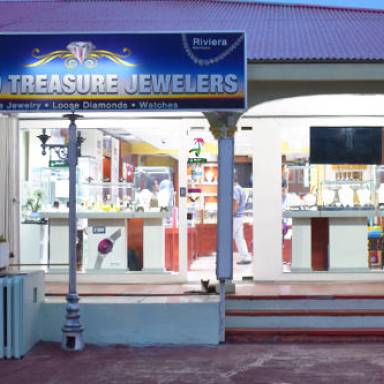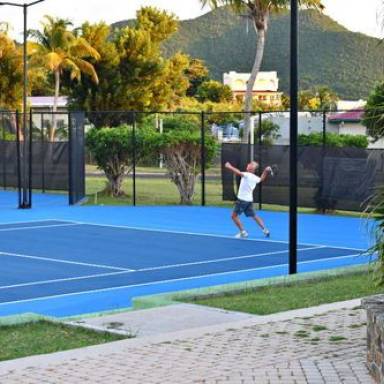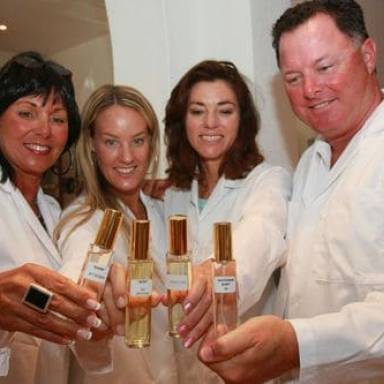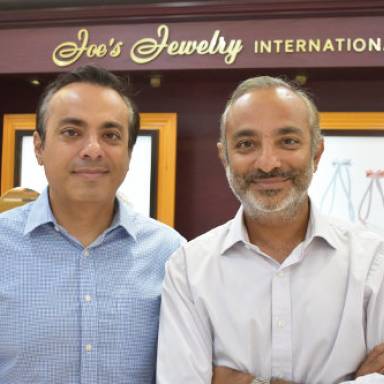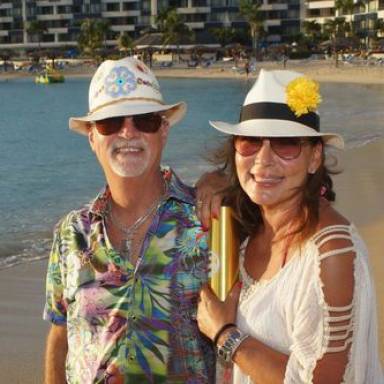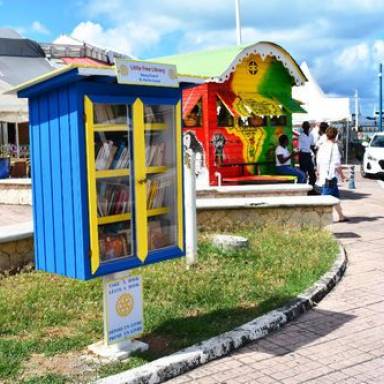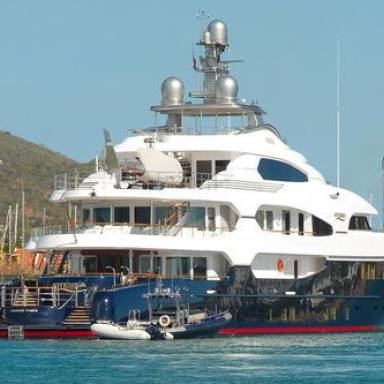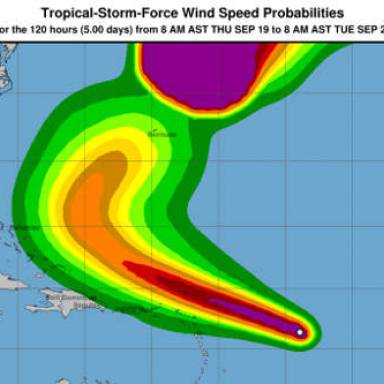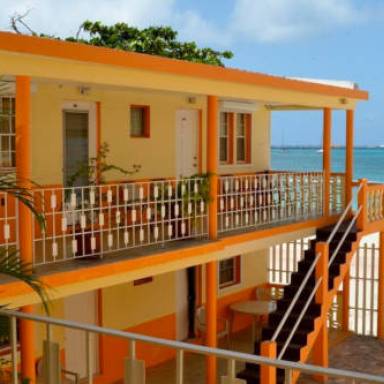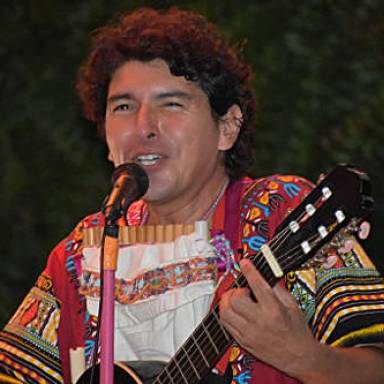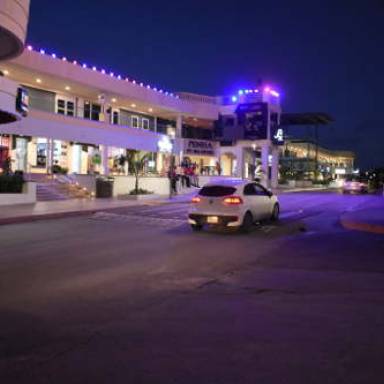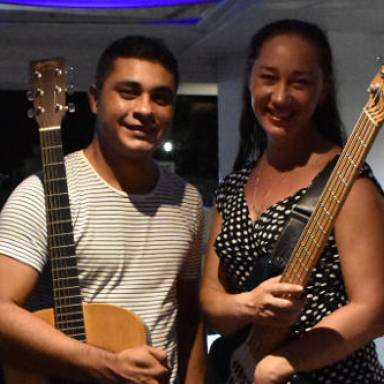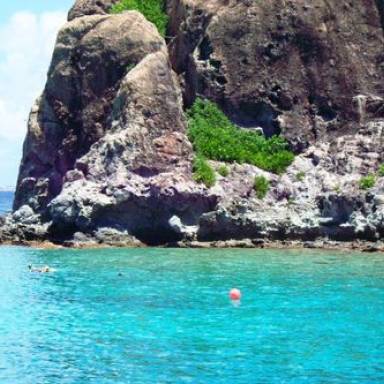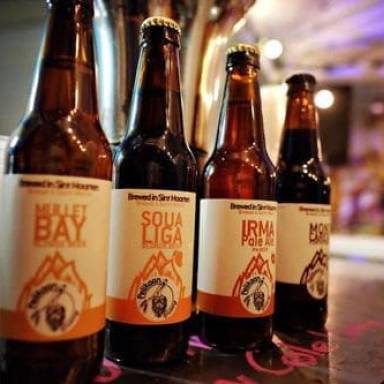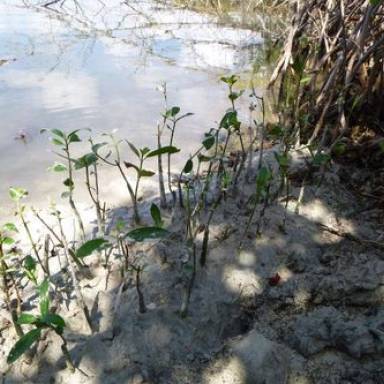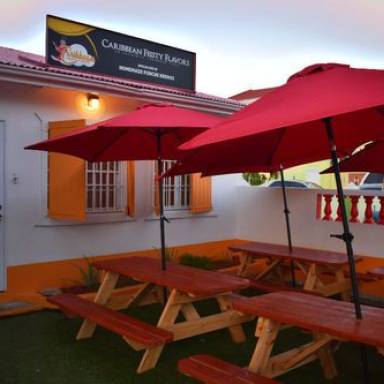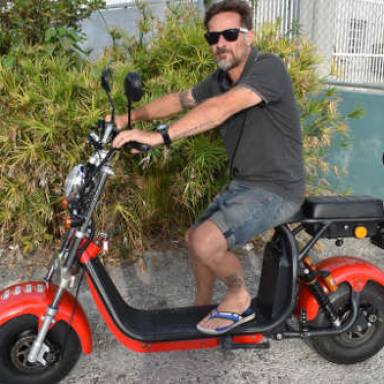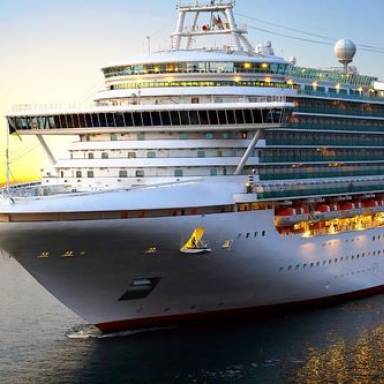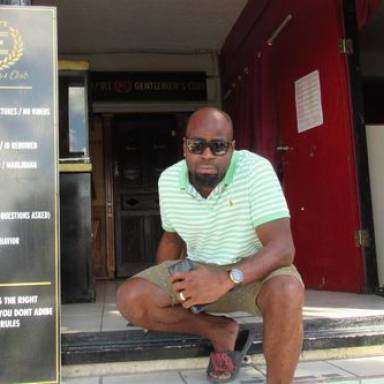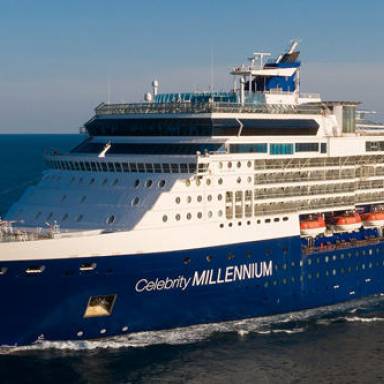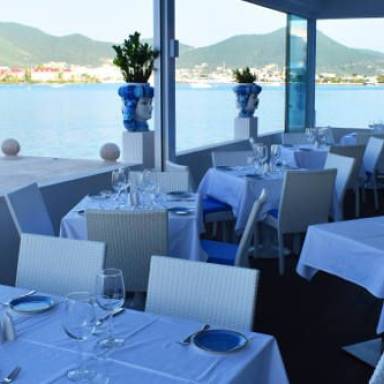As an island, whose population is made up out of 120 different nationalities and with large expatriate communities from other Caribbean nations, it's safe to say that St. Maarten reflects several Caribbean lifestyles. And knowing that in our region of the tropics, seafood is plentiful, fruits grow throughout the year and the climate is well balanced; there is every common-sense expectation that these valid points should lead to a long and healthy life for anyone lucky enough to reside here.
Recently, the Indigo Wellbeing Index was published, a new scientific approach of making sense from the data provided by the World Health Organization and individual nations. The index takes ten key metrics to come to its rankings: blood pressure, blood glucose, obesity, depression, happiness, alcohol use, tobacco use, exercise, healthy life expectancy and government spending on healthcare.
It came as a shock to see that six of the twenty most unhealthy countries in the world are located in the Caribbean: Barbados, Trinidad and Tobago, St. Lucia, Haiti, Dominican Republic and Jamaica. Except for Haiti, which faces other challenges, obesity with high blood pressure and lack of exercise are the common denominators.
While the hemisphere is gradually developing and many individuals enjoy a comfortable middle-class income, the purpose of a good life is defeated if it's a very short one. Time to look into the mirror and analyze one's lifestyle. What is the main problem in general and why do I carry my extra pounds specifically? With a guilty conscience, I ask this question to Dayana Mota, an island resident who doubles as a fitness coach and successful Cross-Fit competitor:
"It's not always lack of exercise. First, look at your intake. While on vacation it's fine to have cocktails after the beach. But you guys meet up almost every evening somewhere for happy hour. And you don't drink just one, but a few Margaritas... and two-thousand calories per day later, you wonder where the weight is coming from? Stop the booze and the weight will fall right off."

What about food?
"All the good and healthy stuff is available, so decent eating is not a problem. And we don't have to talk about the downside of fast food. Everybody knows. Only what I see with local food styles is a bit problematic. They are all high-calorie meals, a kind of cooking which developed during a time when people were working physically very hard and also walked huge distances every day. Fuel was needed. But now? In an office job? And commuting by car? Maybe a third of the portion of what was normal in the old days is justified."
Paradise can be deceiving is her message. It takes a special kind of discipline to not fall into the trap of overindulgence. And asked what the first lifestyle change should be, we are surprised that she doesn't mention exercise. No, she zeros in on drinking alcohol.
"Many people will fix a lot of their health problems if they could just stay away from booze."









